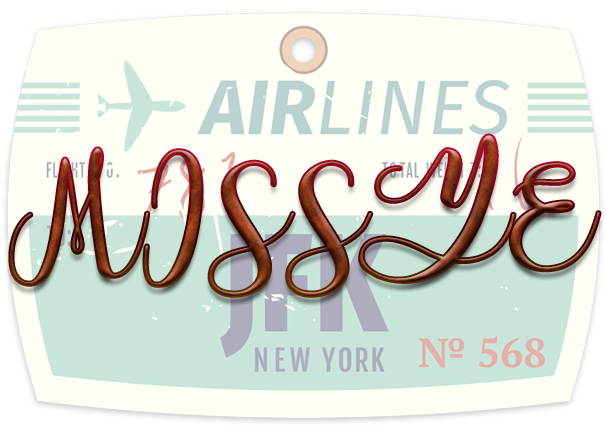
12 May Flying with an allergy: Travel advice and tips
Over 20 million people in the UK suffer from allergies, whether it be nut-related or not, and airlines’ allergy policies are being adapted to reflect this. If you’re due to fly and are keen to know more, read below
Which airlines are best for people with allergies?
No airlines will guarantee their planes are nut-free, but if you have an allergy, the good news is that most airlines now offer a wide range of meal choices, along with gluten-free options. Most airlines will make announcements asking passengers not to consume nut-based products, but again, this isn’t something any airline can guarantee. Qantas gets a gold star for its pledge to remove all peanuts – not just from the plane – but from airport lounges, when contacted in advance by passengers with nut allergies. They also offer a surprisingly wide range of meals, and cabin crew are trained in anaphylaxis recognition and treatment. Epipens are also available onboard.
Malaysia Airlines gets special recognition for its willingness to create a “buffer zone” for passengers with nut allergies, meaning that if you have a nut allergy, no nuts will be served to passengers sitting within three rows of your seat (in front and behind). JetBlue will also create a similar buffer zone for passengers with allergies, and if you do have a nut allergy, you can board early to give them time to wipe down tray tables to minimise the risk of contamination from previous flights. Most airlines will allow passengers to bring their own food, but not all of them will heat it up. Emirates is one of the few airlines which will happily do so.
What should I do if I have an allergy?
First of all, find out about the policies of the airline in question. Most airlines will have information on their website, but it’s also worth phoning the airline to check the current policy. No matter what the policy is, it’s always advisable to get a letter from your doctor confirming your allergy. Airlines’ approaches to allergies vary hugely, and having such a letter can be useful when flying with airlines which aren’t known for their willingness to help passengers with allergies. Additionally, many airlines, including Virgin Blue and Cathay Pacific, insist on this letter, and if you end up needing to use an EpiPen provided by the airline, you’ll have to produce this letter in order to do so. On the day of the flight, double-check that you’ve packed your own stock of Epipens and even if you’ve informed the airline in question, remind senior cabin crew about any allergies. If you’re allergy is contamination-related (such as an extreme allergy to nuts), it’s also worth packing some anti-bacterial wipes which can be used to wipe down the arm rests and tray tables on the plane.
Which airlines serve nuts?
If you’re been on a flight recently, you’ll notice that pretzels have replaced peanuts as the in-flight snack of choice. This is a deliberate effort by airlines to minimise the risk of allergic reactions. Airlines which don’t serve peanuts include Qantas, Aer Lingus and American Airlines. However, no airline can guarantee that their meals won’t contain traces of nuts, such as peanut oils. It’s worth noting that airlines in Asia (a continent famous for its peanut-based satay dishes) are more likely to serve meals made with nuts or serve nuts as a snack. For example, many Air Asia meals contain peanuts and tree nuts, and many of the dishes served by the Middle Eastern airlines contain nuts. Certain airlines, including Delta, Cathay Pacific, Virgin Atlantic, United, Jet Blue, KLM, and Easyjet, will refrain from serving nuts when given reasonable notice by passengers with allergies. Always find out how far in advance you need to alert the airline. For example, Cathay Pacific request 72 hours notice, while Japan Airlines request two weeks notice.
Are there nut-free flights?
Contrary to belief, there’s no such thing as nut-free flight. This is simply because no airline can guarantee that other passengers haven’t brought nuts or nut-based items on board with them.
Top tips for passengers with allergies
There are a wide range of allergies, which makes it hard to offer advice about the different precautions passengers should take, but we’ve collated our top tips for passengers with allergies.
- Always check the airline’s allergy policies a month before you fly, and confirm who you need to contact and when
- Call the airline to tell them about your allergy at least a month before you fly
- Ask your doctor for a letter confirming your allergy
- Think about what you put in your hand luggage. Pack wet wipes to wipe down surfaces, and don’t forget your Epipens
- If your destination is somewhere where English isn’t the first language, write down the type of your allergy in the language in question
- When you board the plane, remind senior cabin crew about your allergy
Until da Next Tyme

No Comments